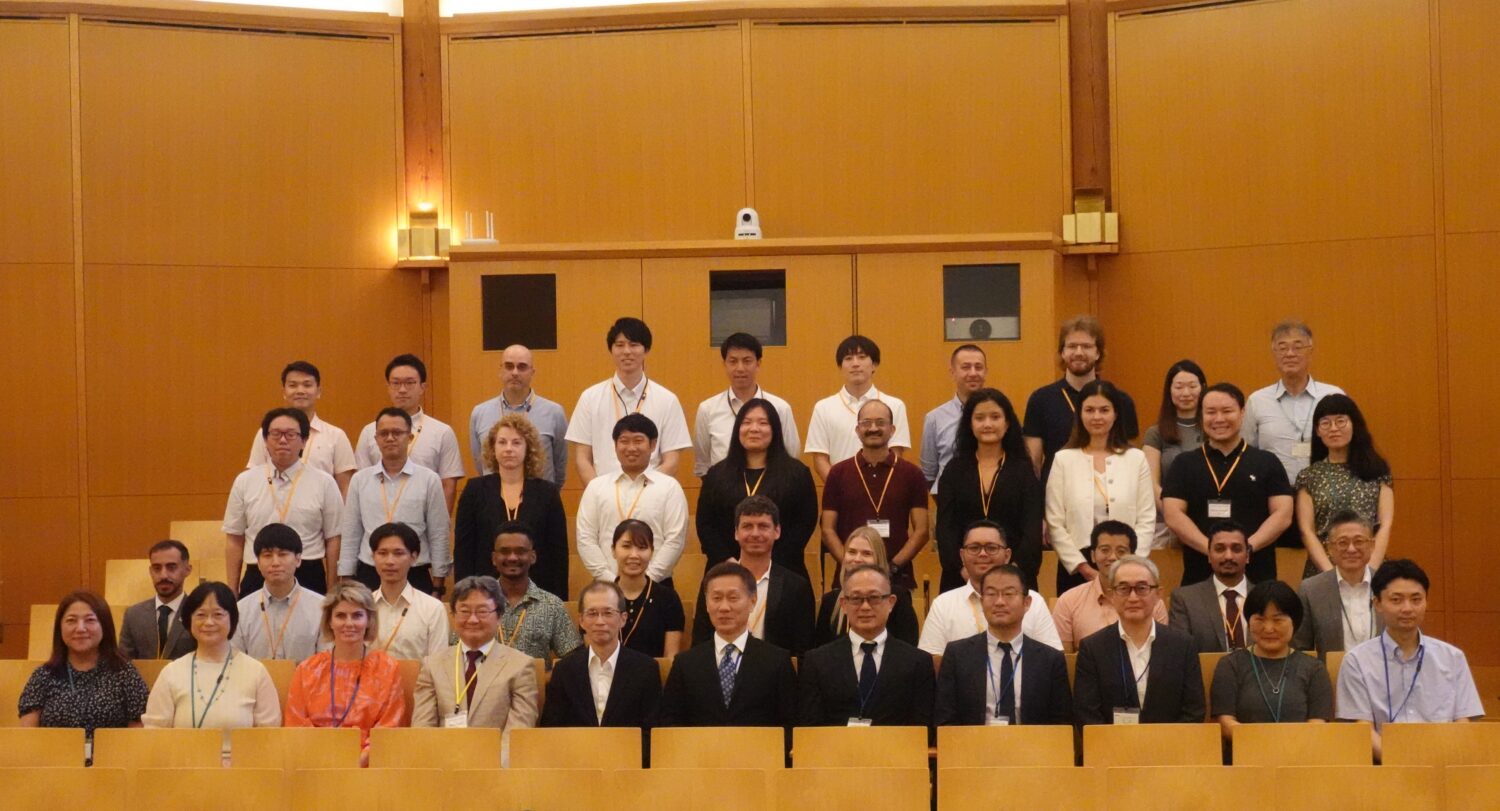The plan incorporates five pillars, as follows:
- Establishing a council consisting of the government and nuclear plant operators.
- Requesting nuclear plant operators to formulate plans to promote spent nuclear fuel measures.
- Strengthening regional measures for spent nuclear fuel (i.e., reviewing the grant system).
- Enhancing public understanding on measures for spent nuclear fuel.
- Carrying out activities related to the nuclear fuel cycle, including the Rokkasho Reprocessing Plant and the Mutsu Interim Storage Facility in Aomori Prefecture.
According to Japan’s national strategic energy plan, the final disposal of high-level radioactive waste (HLW) will not be achieved for some time. To expand the capacity for storing the spent fuel produced by nuclear power plants, it says, “Specifically, the Japanese government will reinforce efforts toward facilitating the construction and use of new facilities for intermediate and dry storage, while studying a wide range of locations as candidates, regardless of whether they are inside or outside NPP premises.”
Based on that, the national government, as part of its basic approach, plans to be involved more actively in promoting public-private cooperation in its action plan on spent-fuel measures. That will include urging operators to work harder toward expanding storage capacity, based on the premise of ensured safety.
The government will also work steadily toward the completion of the Rokkasho Reprocessing Plant and the Mutsu Interim Storage Facility, after confirming their compatibility with the new regulatory standards, while seeking local understanding.
The council of government-operators will follow up on the plan to promote spent nuclear fuel measures, to be issued by the operators later.
A ministerial meeting on nuclear energy was also held, following the October 6 ministerial meeting on final disposal. It was decided there to establish a study committee to ascertain whether countries receiving Japanese exports of major nuclear-related equipment and technology for use in nuclear facilities have appropriate safety systems in place.
The study committee, to be chaired by the vice-minister for science and technology and innovation, part of the minister’s secretariat in the Cabinet Office, will consist of vice-ministers in charge of relevant policy areas from the Cabinet Secretariat, the Ministry of Finance (MOF), and the Ministry of Economy, Trade and Industry (METI).










